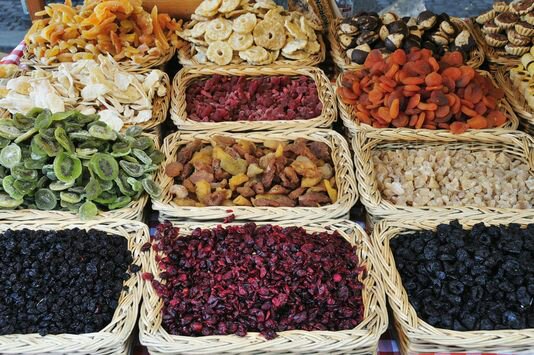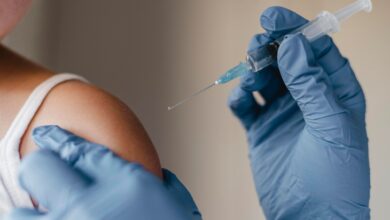8 Fruits to Avoid If You Have Diabetes

For any sort of diet, fruits are one of the most essential parts of a meal, recipe or diet regime. Fruits often offer preventive and healing solutions to the body. When an individual is diagnosed of diabetes whether type I or II, doctors often recommend dietary changes so as to control glucose levels. Usually foods high in carbohydrates and fat are restricted while waterand fruits are recommended. There are some fruits however that need to be avoided. Different fruits contain different amount of carbs as well as nutrients which can either make or break one’s dietary needs. Belows are 8 fruits that individuals who have diabetes or maybe at risk should avoid so as to control cholesterol and sugar levels.

1. Some fruit choices are better than others
Usually most fruits are carbohydrates, therefore affecting your blood sugar. This may cause And certain fruits may cause your blood sugars to spike. The best way to control one’s sugar levels is to limit fruit servings to no more than 2-3 per day (1 serving = 15 g of carbohydrate).
2. Grapes
One small grape contains 1 gram of carbohydrate, which means that fifteen grapes is considered one serving of fruit. Odds are that if you are eating grapes, you are eating way more than fifteen. To avoid overeating, its best to either count them and put them into a small bowl, or avoid temptation and choose to eat a fruit such as berries. You can eat 1 1/4 cup of strawberries for the same amount of carbohydrate as fifteen grapes.
3. Cherries
1 cherry contains 1 gram of carbohydrate. It’s best to avoid snacking on cherries because a handful can spike sugar levels.
4. Pineapple
Fresh pineapple is delicious and sweet, especially when its very ripe, which makes it a high glycemic index food. Eat 1/2 cup serving of pineapple chunks.
5. Mango
1 contains about 30 grams of carbohydrate and about 26 grams of sugar. The more ripe a mango is the highe the sugar levels. If you need to eat a mango then have 1/2 of it and have when it’s a bit more firm.
6. Banana
1 medium banana contains the same amount of carbohydrate in two servings of another fruit choice. Eat 1/2 a banana and save the other for a later time.
7. Dried Fruit
Dried fruit, especially varieties contain a large amount of carbohydrates for a small portion. Replace dried fruit with fresh fruit to add volume to your meal plan and reduce the sugar content.
8. Fruit Juice
Unless you are experiencing hypoglycemia, fruit juice, even 100% fruit juice should be avoided. Instead of fruit juice for whole fruit, and limit your portions to no more than 2-3 per day.




